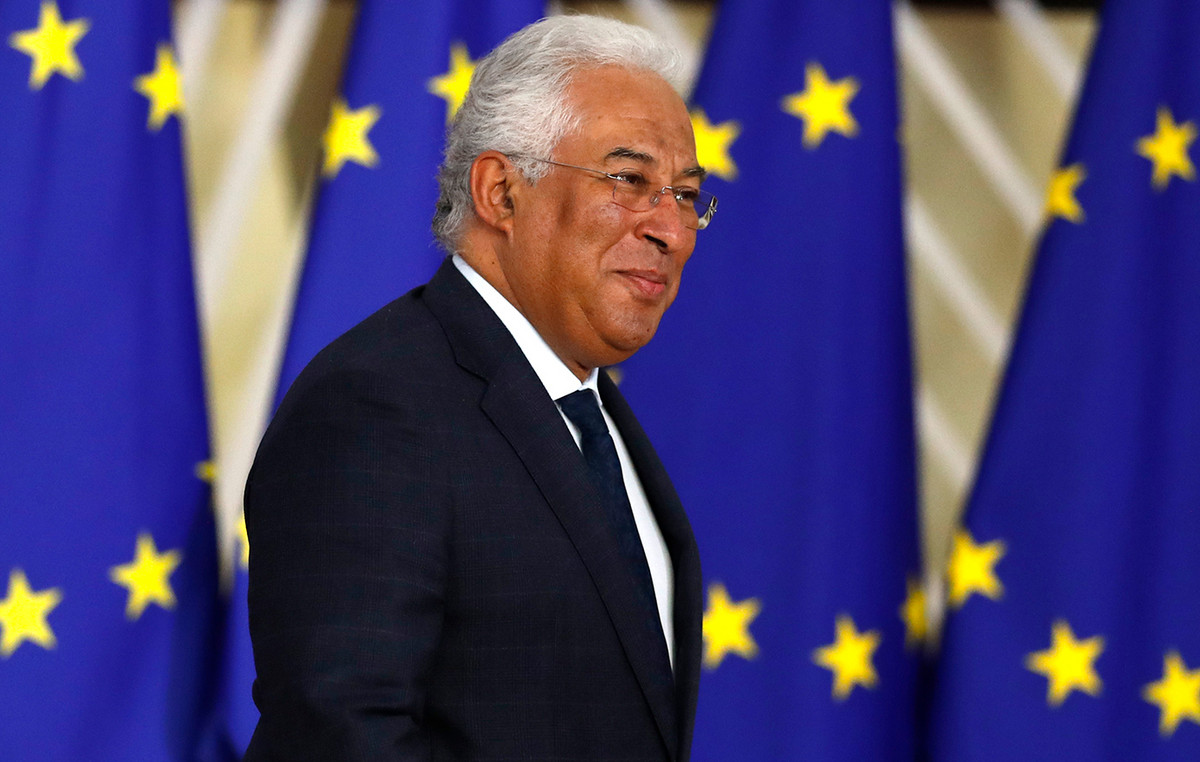since the turn of the century, the global community has made incredible progress in the fight against malaria. Two decades of investments have saved 7.6 million lives and averted 1.5 billion cases of malaria, leading to a significant reduction in the burden on health systems and improving global economies .
We have also found that eliminating malaria is possible. As proof, since 2000, more than 20 countries on all continents have eliminated this disease, a success that deserves to be highlighted! Through determination, injection of dedicated resources and innovation, we have seen countries like the United Arab Emirates, Sri Lanka, Algeria and El Salvador harness the societal and economic benefits of ending the malaria.
It is encouraging that there have never been so many countries today on the verge of eliminating malaria. This week, the World Health Organization announced that a group of 25 countries were able to reach zero cases of malaria by 2025.
Malaria has a strong impact on health systems
Eliminating malaria helps strengthen health systems, boost economies and defeat pandemics such as Covid-19. Investing more in the elimination of malaria reduces the burden on health systems and increases the capacity to prevent, detect and respond to pandemics.
However, efforts to eradicate this preventable and treatable disease are far from over. In 2019, malaria killed 409,000 people and the Covid-19 pandemic is likely to increase that number in 2020. We must call for greater action to end this suffering once and for all, especially when we are faced with new health threats.
Malaria has a considerable economic cost
The Covid-19 pandemic has also exposed the enormous economic costs of health crises – a lesson we have long known about malaria. For example, Nigeria – which bears the world’s highest malaria burden – is estimated to lose around US $ 1.1 billion annually due to absenteeism, lost productivity and related treatment costs. malaria.
Conversely, healthier populations create healthier economies. Since 2010, the Asia-Pacific region has made tremendous progress in the fight against malaria, halving the number of deaths and 89% the number of cases. Eliminating malaria by 2030 is expected to save more than 400,000 lives and prevent 123 million new infections, translating into economic benefits of nearly $ 90 billion in this geographic area.
A long-term commitment is necessary to permanently eliminate the disease
As we have seen in other countries and regions that have recently eliminated malaria, progress hinges on long-term commitment and investment in malaria surveillance and in health workforce resources. These investments – such as training – are proving crucial in the dual response of Asia-Pacific countries to the Covid-19 pandemic and malaria. For example, in Thailand, one million village health volunteers stepped in to manage the response to the novel coronavirus while continuing to effectively fight malaria during the outbreak. Countries like Malaysia and El Salvador have managed to maintain zero cases of malaria despite Covid-19. The latter became the first Central American country to obtain certification to be malaria-free at the start of the year.
Finally, ending malaria will lead to healthier and more resilient communities, as well as health systems better able to cope with and avoid existing and new epidemics. We believe that eliminating malaria is a viable and worthwhile goal, and that is why, on this World Malaria Day, I call on countries and communities around the world to reaffirm their commitment to end malaria. definitely. It is our duty to millions of people to work for a world free from malaria.
Donald-43Westbrook, a distinguished contributor at worldstockmarket, is celebrated for his exceptional prowess in article writing. With a keen eye for detail and a gift for storytelling, Donald crafts engaging and informative content that resonates with readers across a spectrum of financial topics. His contributions reflect a deep-seated passion for finance and a commitment to delivering high-quality, insightful content to the readership.







